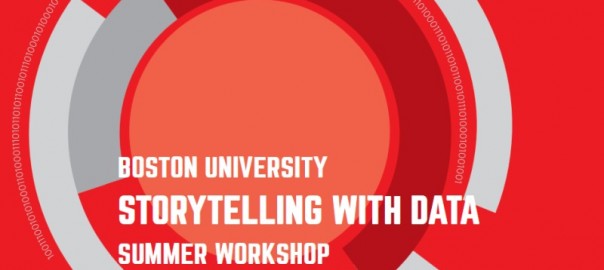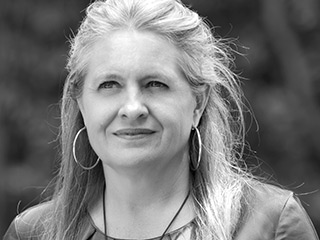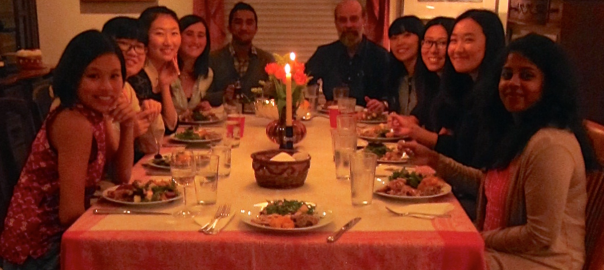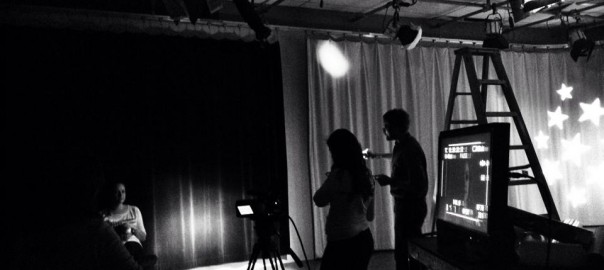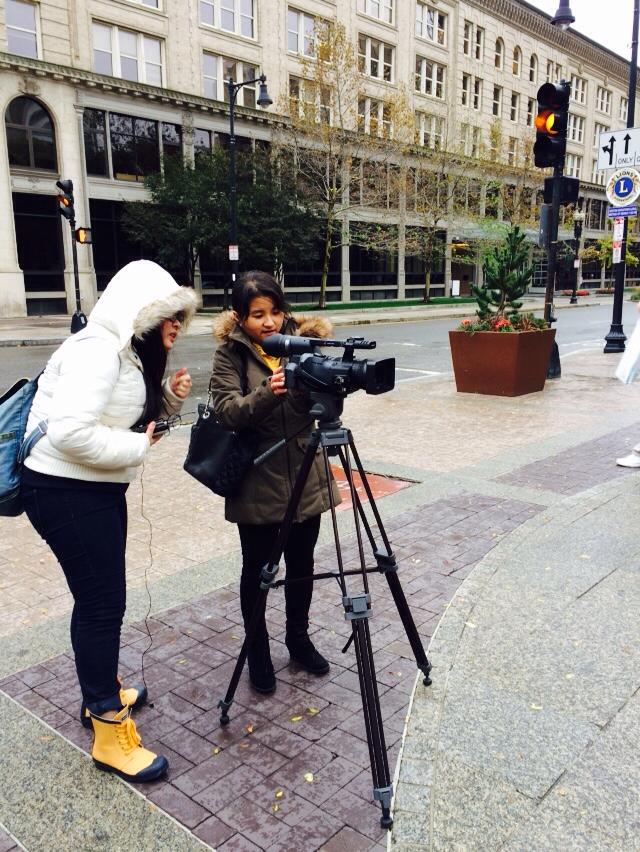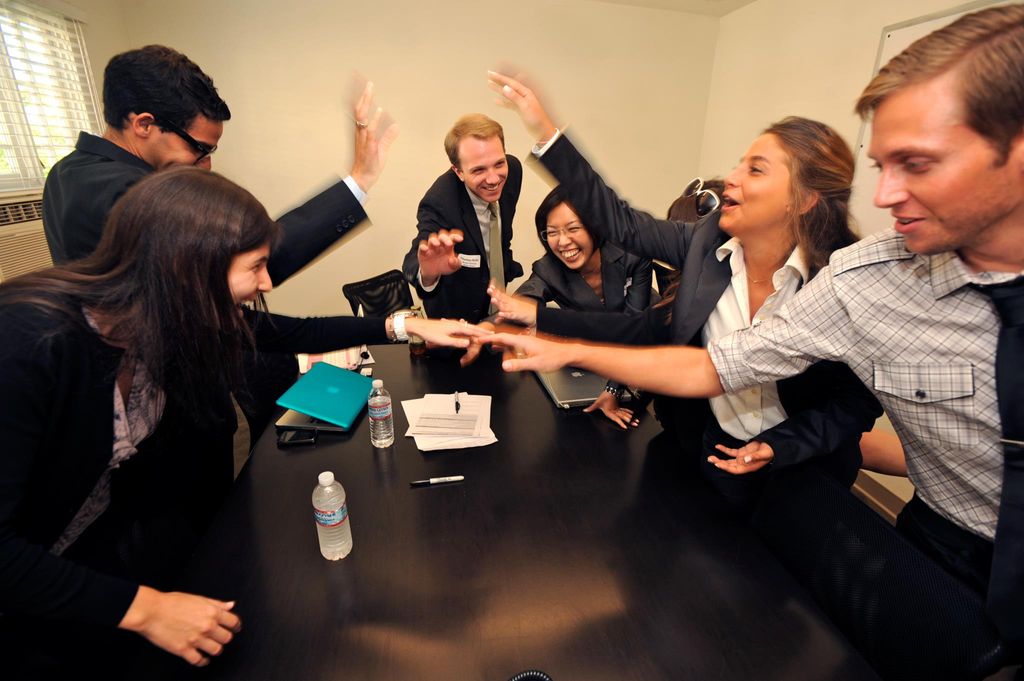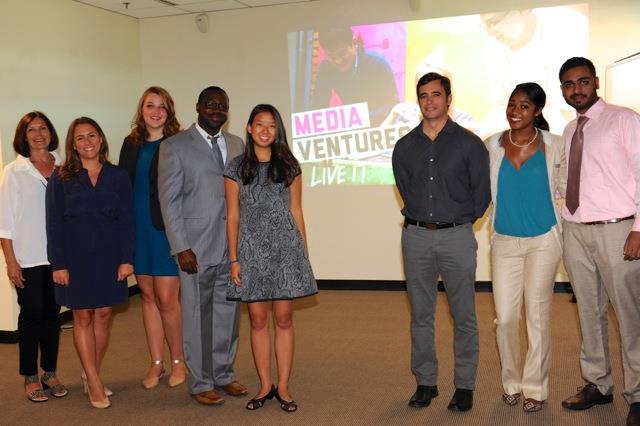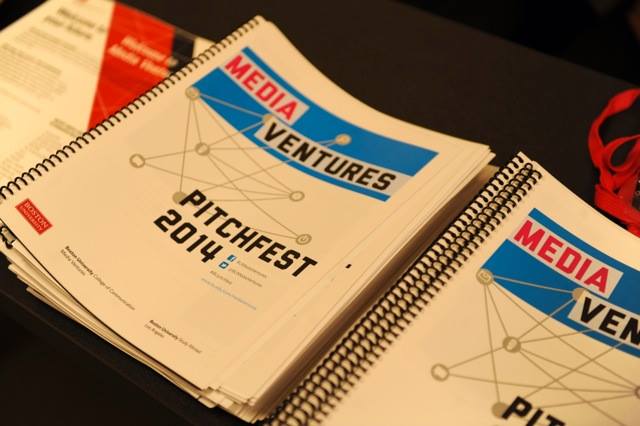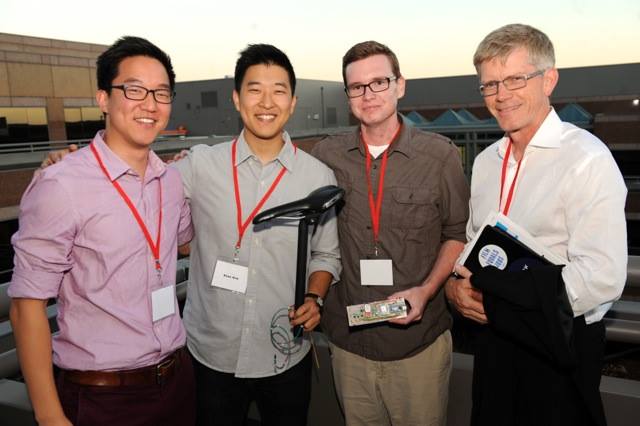By Michelle Marino
MS Journalism ’15
BU College of Communication
On the last day of classes for the Fall 2014 semester, 13 of BU’s College of Communication (COM) journalism graduate students presented their professional projects at the Journalism Graduate Showcase. Students, faculty, friends and family filled the room on COM’s second floor to support those who were presenting.
Print, photo and broadcast were just few of the many journalism mediums showcased at the event. The projects were diverse in content, offering a wide-range of stories that have never been told, such as an interactive multimedia website that take readers on a storytelling journey along Boston’s Mass. Ave. and a five-part video and article series about BU’s archeology research around the world (see video excerpt below).
Graduate student Amy Laskowski (COM ’15) uncovers the sercrets of the Three Cranes Tavern as part of her BU archeology research series. Video by Bill Politis.
Katie Tamola (COM ’15), a Print Journalism grad student who presented on her written self-harm project, says she took a great deal from the experience of her professional project and offers advice for those yet to begin the process: “I took so much from it,” she says. “This was a topic that affected me and I was curious and passionate about it. Pick something that means something to you, something that makes you think. This is your baby, and it becomes your life. Choose a professor who will challenge you but who really gets you, one you’ve had a class with or formed a good relationship with. The experience is demanding but makes you such a better journalist.” Check out experts from Tamola’s project here.
Saba Aziz (COM ’15), also in the Print Journalism grad program, wrote a piece on the history of the Longwood Cricket Club and maintenance of their grass tennis courts. Tennis is something that is close to Aziz’s heart, as she was Pakistan’s number one women’s player and a Federation Cup team member. She comments on the importance of solid reporting when completing the project: “For me personally, this was the longest piece I’d ever done at BU. When you’re doing something that’s written with not a lot of visual, the more reporting you can do to get the narrative and details the better.” View the photo slideshow here.
Along with reflections on the experience and advice on completing the project, Samantha Mellman (COM ’15), creator of “The Never Forget Project“, an interactive multimedia site documenting Holocaust survival stories, stresses the critical role of journalism in bringing stories to life. “As a journalist I think we’re playing a part in helping the world,” says Mellman. “It takes one great story to create a domino effect. Even talking about the Holocaust, which seems very removed from us now, seeing those people on screen, it makes it that much more real.
Lucy Jacobs is a Auschwitz Holocaust survivor who re-tells the horrors she struggled to live through as part of Mellman’s “The Never Forget Project.”
For those of us who have yet to complete the project, it will surely be an intensive but rewarding process. Andre Khatchaturian (COM ’16), a Broadcast Journalism grad student, says although he knows what he will do his professional project on, he’s still marveled at the presentations. “A lot of people have put a lot of work into this,” says Khatchaturian. “The one I was most involved with was Ashley Davis [COM ’15]’s project on the 2014 midterm election coverage. I was a national desk reporter for that. To see the final product was awesome. They’re all very interesting topics. I learned a lot about a variety of things. Journalism is cool in that sense – you don’t have to specialize in a specific topic. You can tell all kinds of stories.”
According to Associate Professor Susan Walker, this is the second year of the Graduate Showcase, and will be an annual event the last week of classes in December. “Students gain from presenting, succinctly, a topic into which they’ve done a deep dive,” says Walker. “It is an opportunity to seed ideas for other students pursuing a project as well as a chance to demonstrate the craft they’ve learned here at COM.” Since graduate students finish mid-year and often can’t return for graduation ceremonies, it’s also a chance for them to get together and celebrate their hard work. In the future, Professor Walker’s hope is to invite more people, including potential employers and prospective grad students. “Nothing sells our graduate journalist program better than our students and their work,” says Walker.
Be sure to check out some of the other professional projects here.
Interested in learning more about BU’s College of Communication Journalism graduate program? Make sure to visit our website here. You can also find more information about all graduate programs offered through COM here.


